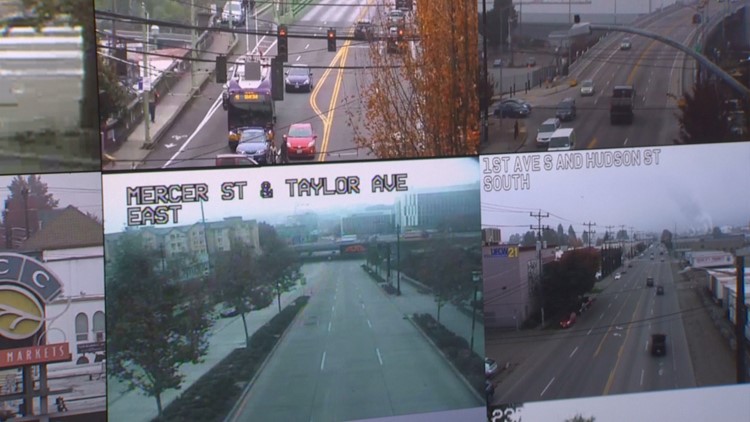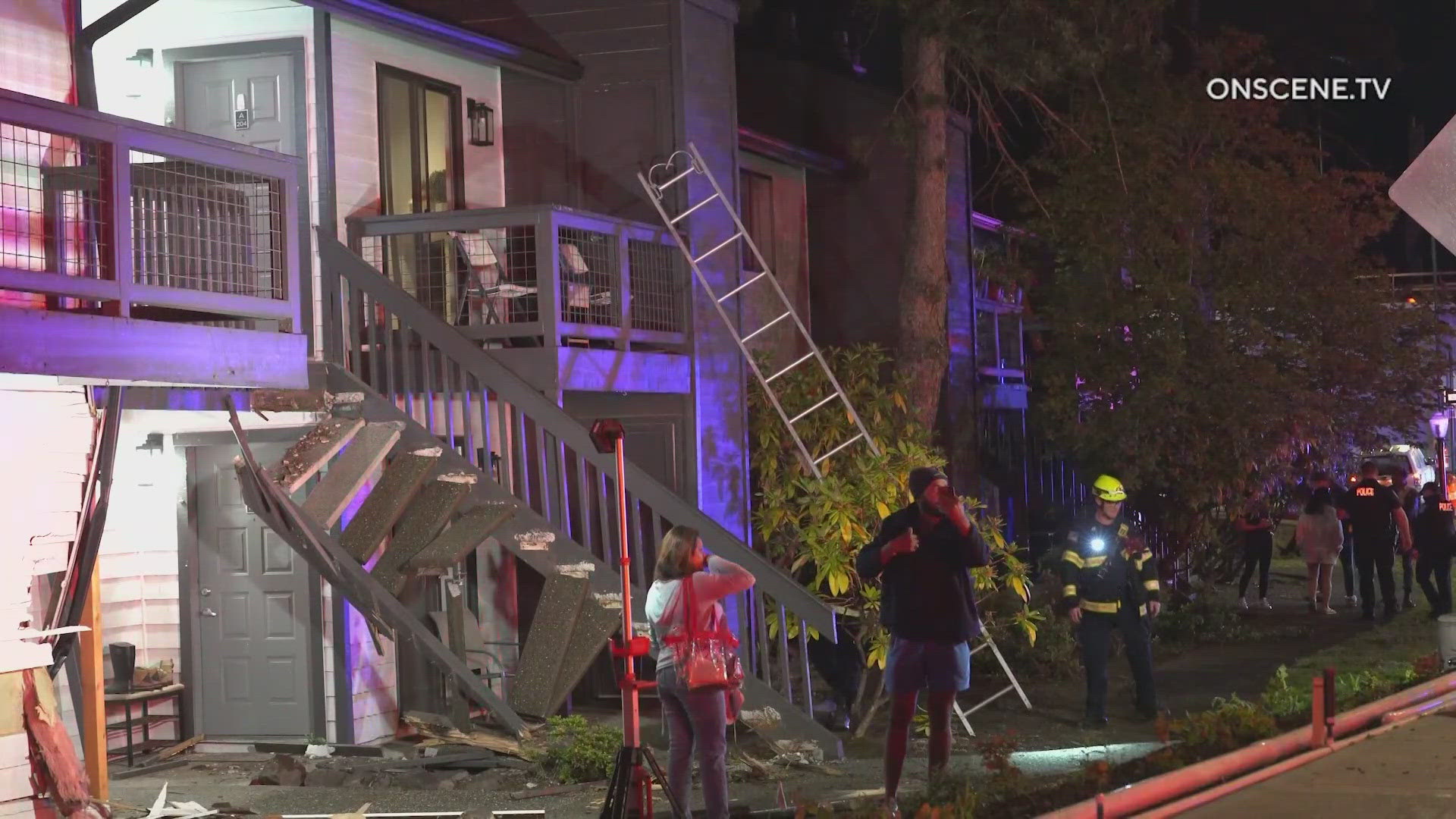In a packed room at Seattle’s Columbia Branch Library, people split up into teams to discuss technology and transparency. It was part of a public meeting hosted by the city to explain some of the surveillance technologies being used in Seattle.
One attendee asked, "If I.C.E. calls the Seattle police and says we have this license plate number, can you look it up? Do you respond and give them information?"
“Do we regularly work with I.C.E.? Do we regularly provide information? We do not," Assistant Chief Adrian Diaz responded.
Police spent about 90 minutes answering questions and addressing concerns about surveillance technologies. It's the first in a series of public meetings on the topic.
Jim Loter, Seattle’s Director of Digital Engagement, says he believes in bringing more transparency to the process. He also acknowledges that community members who raised concerns in the past helped bring the conversation to where it is now.
"I think that because of those actions that we are where we are today, where the city is finally saying, 'you know before we go and bolt a scary-looking, gray box with antennas sticking out of it up on that pole, we need to let people know.' We need to understand what their concerns are, and we need to take steps to mitigate those concerns," said Loter.
On the city of Seattle's website, a video shows how the fire department is using emergency scene cameras and cameras to monitor hazardous materials. Police use automated license plate readers to find stolen cars, for active investigations, and for parking enforcement. The Department of Transportation has about 225 cameras providing a look at traffic patterns.
"The other type of camera that we have helps us generate travel time on 15 routes in the city, and they do that by matching a license plate from point A to point B on a sample of traffic that goes by," said Mark Bandy, Seattle Department of Transportation's Director of Transportation Operations. "My experience has told me that the public thinks we are recording this video around the clock, 365 days a year, which is not true. We don't record the video, and we don't store it."
Loter sees the public meetings as an opportunity.
"An opportunity to have more information about how the city is using that technology and how we are not using that technology, and what the benefits of using that technology might be," said Loter.
The city is required by law to provide transparency when it acquires surveillance technology. Click here for the schedule of upcoming public meetings.



